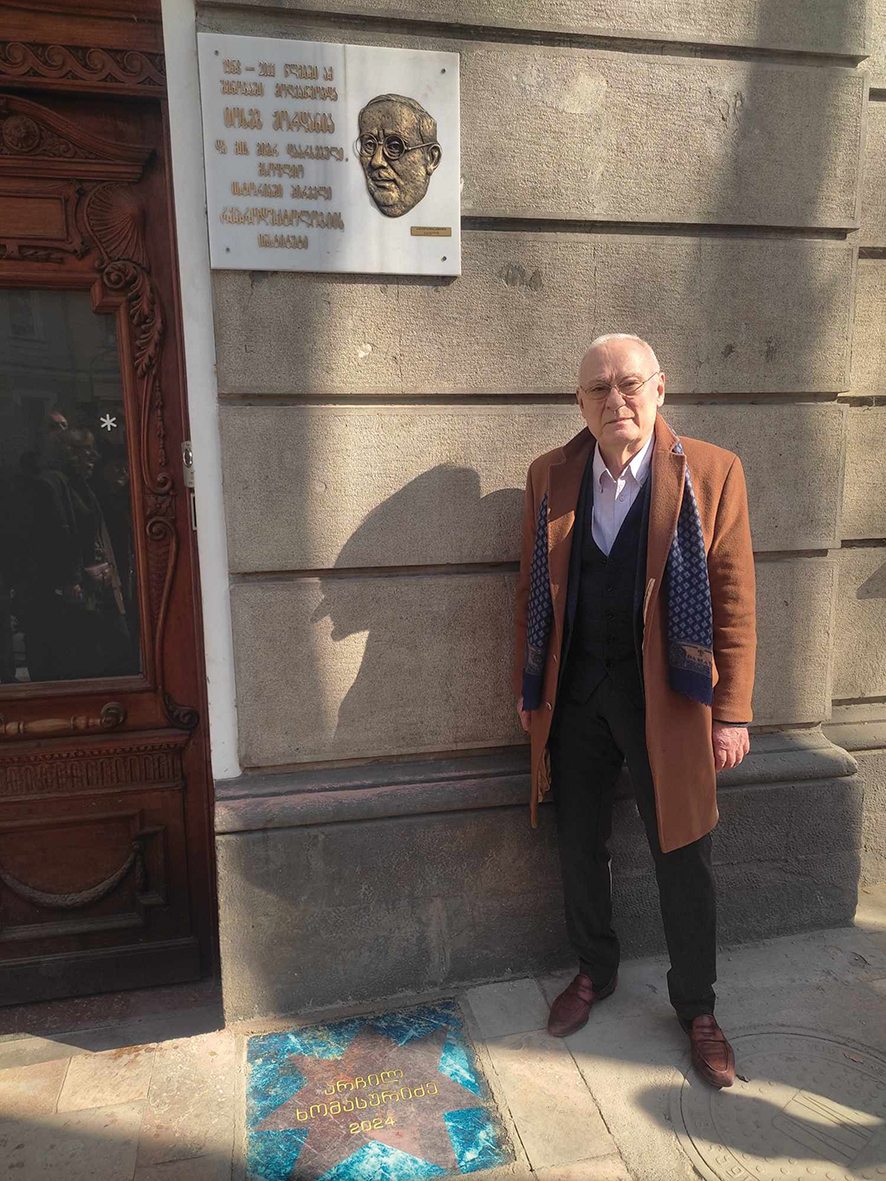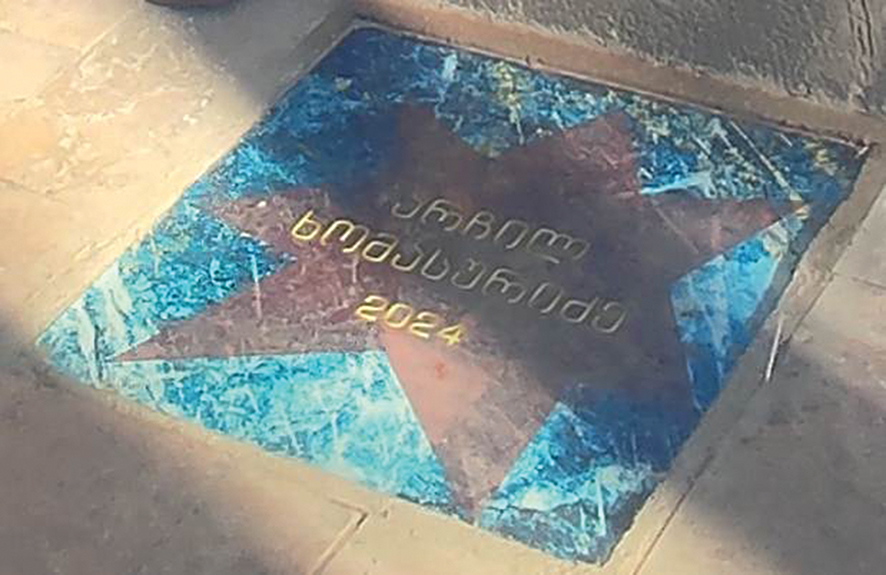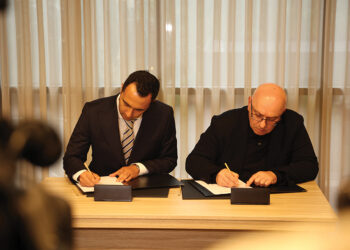Here goes a story: In 2011, just a year before the previous Georgian government was out and the substitute was in, a building in Tbilisi was evacuated and traded off, it having been one of myriad other properties sold at briskly and covertly negotiated prices. That was the time of the famous household phrase ‘All can be sold but the conscience’, coined by one of the economic biggies of the erstwhile administration.
In that much spoken-about edifice of historical value, in downtown Tbilisi, the famous Zhordania Institute of Reproductive Medicine had been happily and fruitfully harbored, long-led by Professor Archil Khomasuridze, who was extracted from the elite Moscow medical circles and put in charge of the institution by the government of the time. The Zhordania Institute was a governmental medical enterprise with the immensely consequential mission of improving the national demographic picture, and so the unexpected commercial deal involving the old luxurious premises came like a bolt from the blue for Khomasuridze, a weathered professional and the only recognized inheritor of Zhordania’s medical heritage: Kicked out of his Vera haven, he, for a short while, retained the directorial position at the privatized institute with limited decision-making rights. Certainly, the merited and ambitious doctor, with tens of years of experience under his belt and thousands of created young lives, could not afford to move elsewhere. However, he eventually mobilized all his trusted medical cadres, finances and administrative potential to build a new clinic, which is currently functioning perfectly well, but not in the impressive building the Zhordania adherents were used to working in.

Rehoused, Khomasuridze kept on giving children to the demographically disturbed nation, continuing his lifetime goal to perpetuate his distinguished predecessor’s good name in this country and beyond, organizing all kinds of scientific conferences, writing books and making public appearances on the subject. He fought like a tiger to acquire permission to have a memorial board dedicated to Joseph Zhordania mounted on the wall of the former institute named after him. This might sound plain and formal as a measure, but, in actuality, the event carries a huge symbolic weight so as not to let the great man’s image and deeds be lost to the national memory. Incidentally, right under the Zhordanaia memorial board (created by sculpture Gia Japaridze), on the pavement, the Archil Khomasuridze Star was inaugurated the same day, thus emphasizing for good the valuable and as yet too faintly appreciated but extremely treasured medical succession between the renowned teacher and the deserving disciple of outstanding value.
With the Zhordania memorial board now lighting up the wall in the very heart of the capital, justice has been done, so the ending is happy. Good for all of us! Incidentally, the Joseph Zhordania memorial, the book about him (by Sister Euphemia Tzsertsvadze-Mshvenieradze), the Archil Khomasuridze star, and the octogenarian doctor’s birthday (he turned 82 on February 11) was masterfully shaped into one giant celebration, which included young doctors of the field, whose enthusiastic and poignant appeal to their famous mentor became the real talk of the town. And the pearl of the day? A medical conference on contemporary reproductive medical problems, vividly confirming that the Zhordania & Khomasuridze Institute of Reproductology is not just another clinic in Georgia providing medical assistance to the country’s man and women, desperately seeking parenthood, but is part of vigorously developing the precious field, based on modern scientific achievements, and proliferating the indispensable medicinal knowledge not only among medical personnel, but among the entire population.

What does all that have to do with the life, work and name of Professor Joseph Zhordania? The only fair and righteous answer is that the prominent Georgian medic could have been long forgotten if not for the nonstop tireless efforts of his spiritual and professional successor, who did all his possible and impossible best to have the nation preserve the great Georgian clinician’s prodigious legacy, turning it into modern-day medical philosophy, practice and system, assisted by his wonderful fellow-workers, among them doctors Lali Pkhaladze and Nino Museridze, the former having taken care of the scientific conference and the celebrations thereof, and the latter having brought to life the fairest decision of the year – the Zhordania memorial board and the Khomasuridze star. It seems not only fairy tales delight us with happy endings, but sometimes real life also suggests the same kind of finale.
Op-Ed by Nugzar B. Ruhadze














